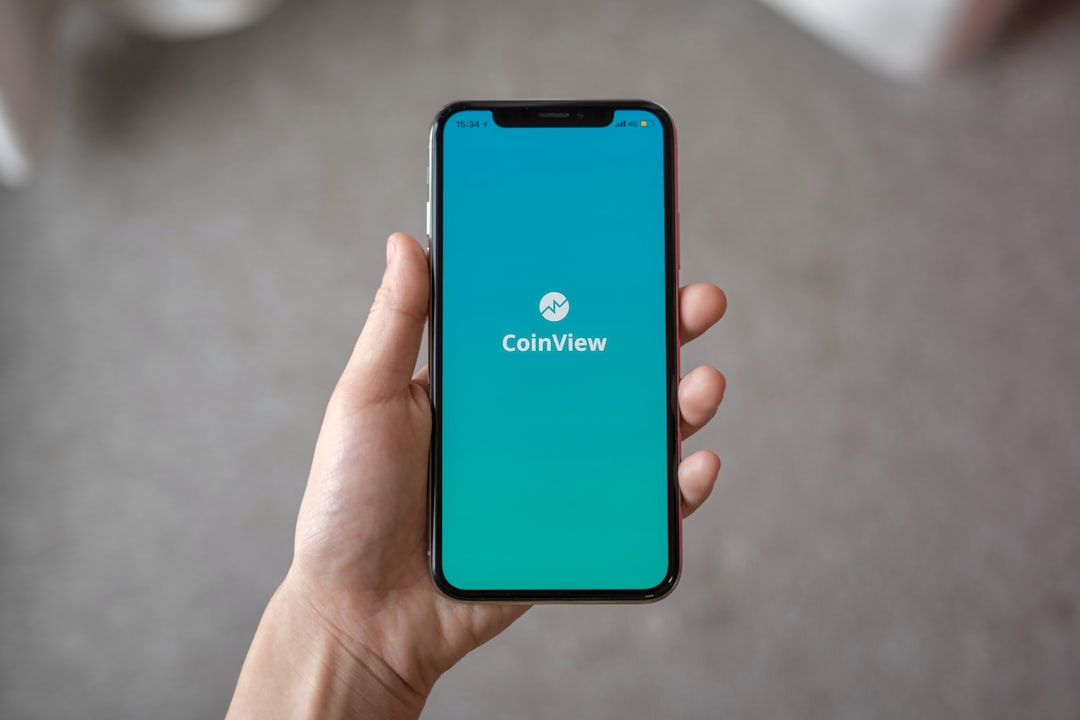Telemarketing in the education sector requires strict adherence to Federal Education Rights and Privacy Act (FERPA) regulations and North Carolina's stringent Do Not Call laws. Failure to comply can result in hefty fines and damage to institutional trust. Hiring a specialized lawyer for Do Not Call North Carolina is crucial for navigating these legal complexities, ensuring protection of student data, respect for consumer choices, and compliance with both federal FERPA and state Do Not Call regulations. This expert guidance fosters ethical telemarketing practices, minimizes risks, and strengthens relationships with students and prospective learners.
In today’s digital landscape, the education sector is increasingly relying on telemarketing for student outreach. However, navigating data privacy regulations like FERPA (Federal Education Rights and Privacy Act) and North Carolina’s Do Not Call laws is essential to avoid legal pitfalls. This comprehensive guide explores these regulations, focusing on key compliance requirements, best practices, and the crucial role a lawyer for Do Not Call North Carolina can play in ensuring your telemarketing efforts stay within legal boundaries.
Understanding FERPA: The Federal Education Rights and Privacy Act

The Federal Education Rights and Privacy Act (FERPA) is a federal law designed to protect the privacy of student education records. This legislation grants parents and eligible students specific rights regarding their educational information, including the right to access, correct, and control the disclosure of personal data. FERPA applies to all schools receiving federal financial aid, which means it covers a wide range of educational institutions, from K-12 schools to colleges and universities.
Compliance with FERPA is crucial for telemarketing efforts in the education sector. This means that any phone calls or marketing campaigns targeting students or their families must adhere strictly to privacy regulations. Schools and their external partners must obtain proper authorization before disclosing student data, such as contact information or academic records, to third parties, including telemarketers. A lawyer specializing in North Carolina’s Do Not Call laws can provide valuable guidance on navigating these complex privacy rules to ensure compliance during marketing initiatives within the education sector.
North Carolina's Do Not Call Laws: A Overview for Telemarketers in Education

In North Carolina, the Do Not Call Laws are designed to protect residents from unwanted telemarketing calls. These laws, enforced by the North Carolina Department of Justice, restrict when and how businesses, including educational institutions, can contact consumers by phone. Specifically, organizations must obtain prior explicit consent before calling numbers listed on the state’s “Do Not Call” registry.
Telemarketers in the education sector, such as colleges and universities, should be aware that a single misstep can result in significant fines. Engaging the services of a lawyer specializing in North Carolina’s Do Not Call Laws is advisable to ensure compliance. Such legal experts can help navigate the complexities of the regulations, ensuring telemarketing campaigns adhere to the law, thereby safeguarding institutions from potential legal repercussions and maintaining positive relationships with prospective students.
Key Compliance Requirements: Protecting Student Data and Privacy

In the education sector, telemarketing activities must adhere to stringent data protection and privacy regulations, primarily set by the Family Educational Rights and Privacy Act (FERPA) and North Carolina’s Do Not Call laws. These regulations are designed to safeguard sensitive student information from unauthorized access or misuse. FERPA grants parents and eligible students specific rights regarding their educational records, including the right to inspect and review their data. Telemarketing campaigns must ensure that student data is collected, stored, and transmitted securely to maintain compliance with FERPA.
Furthermore, North Carolina’s Do Not Call laws restrict telemarketing calls to residents who have registered on the state’s official Do Not Call list. A lawyer for Do not call North Carolina can provide guidance on navigating these legal requirements, ensuring that educational institutions and their telemarketing partners respect individual privacy rights while effectively reaching prospective students. Compliance with both FERPA and state-specific Do Not Call laws is crucial to avoiding legal repercussions and fostering trust in the education sector’s marketing practices.
Avoiding Legal Pitfalls: When Telemarketing in the Educational Sector

When engaging in telemarketing within the education sector, it’s crucial to navigate legal complexities to avoid pitfalls. The Family Educational Rights and Privacy Act (FERPA) governs the disclosure of student education records, ensuring privacy and confidentiality. Telemarketers must obtain proper authorization before sharing any information about students or their families. Additionally, compliance with North Carolina’s Do Not Call laws is mandatory to respect consumer choices and prevent unsolicited calls.
Hiring a lawyer specializing in Do not call North Carolina regulations can offer invaluable guidance. They ensure your marketing strategies adhere to legal requirements, minimizing the risk of fines or legal actions. By understanding FERPA and state-specific do-not-call rules, you can create a safe and compliant telemarketing environment, fostering trust with educational institutions and prospective students alike.
Role of a Lawyer: Navigating FERPA and NC Do Not Call Regulations

In the complex landscape of education sector telemarketing, a lawyer plays a pivotal role in ensuring compliance with stringent regulations like FERPA (Family Educational Rights and Privacy Act) and North Carolina’s Do Not Call laws. Legal experts specialized in these areas help institutions navigate the intricate rules governing student data privacy and consumer protection. They provide guidance on permissible uses of student information, including how schools can engage in telemarketing activities without infringing upon FERPA rights.
Moreover, a lawyer for Do not call North Carolina is instrumental in understanding and adhering to the state’s specific regulations, which often go beyond federal requirements. This includes knowing who is exempt from the Do Not Call list, what constitutes permissible communication, and how to handle complaints effectively. By leveraging their legal acumen, these professionals foster compliance, mitigate risks of costly lawsuits, and ensure that telemarketing efforts stay within ethical and legal boundaries.






